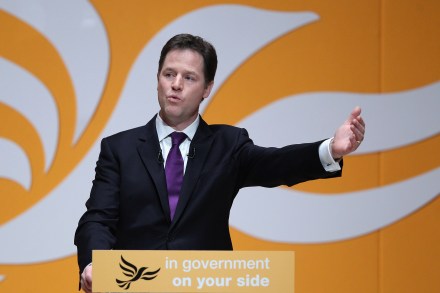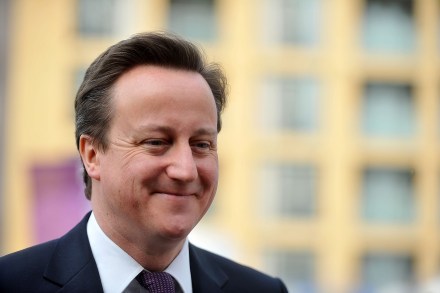Has Osborne learnt the right lessons from Adam Smith?
According to Rachel Sylvester in The Times (£) today, George Osborne’s love of soaking the rich — from the non-dom levy to the tycoon tax – stems from the importance he puts on the ‘empathy’ described in Adam Smith’s Theory of Moral Sentiments. If so, he’d better start re-reading his Adam Smith. Certainly, the Chancellor is familiar with Smith’s other great book, The Wealth of Nations (1776). He wrote an introduction to a recent edition of it. That book is a passionate call for free trade and for open and competitive markets, and a stinging critique of the mutual back-scratching between businesspeople and politicians — what today we would call




















